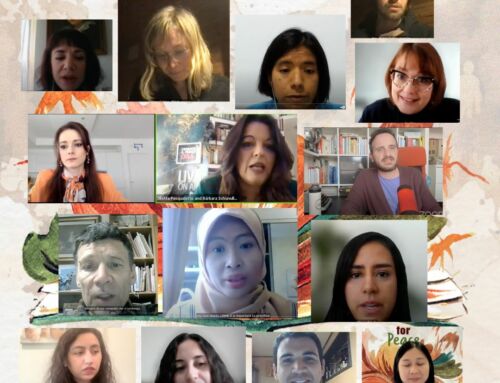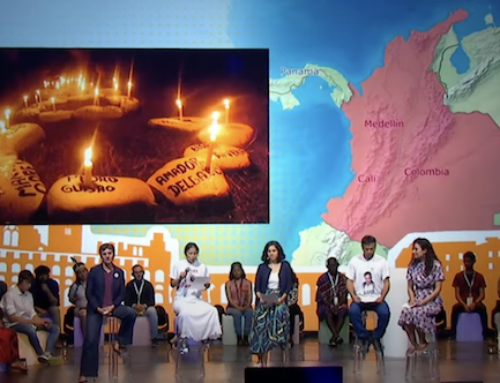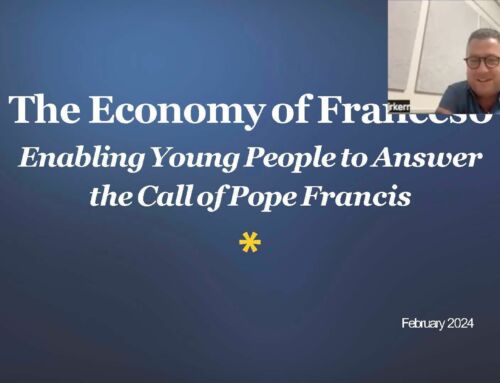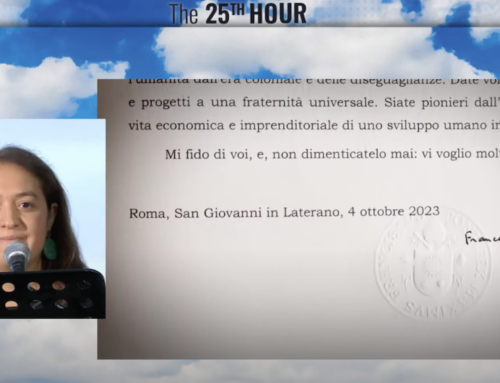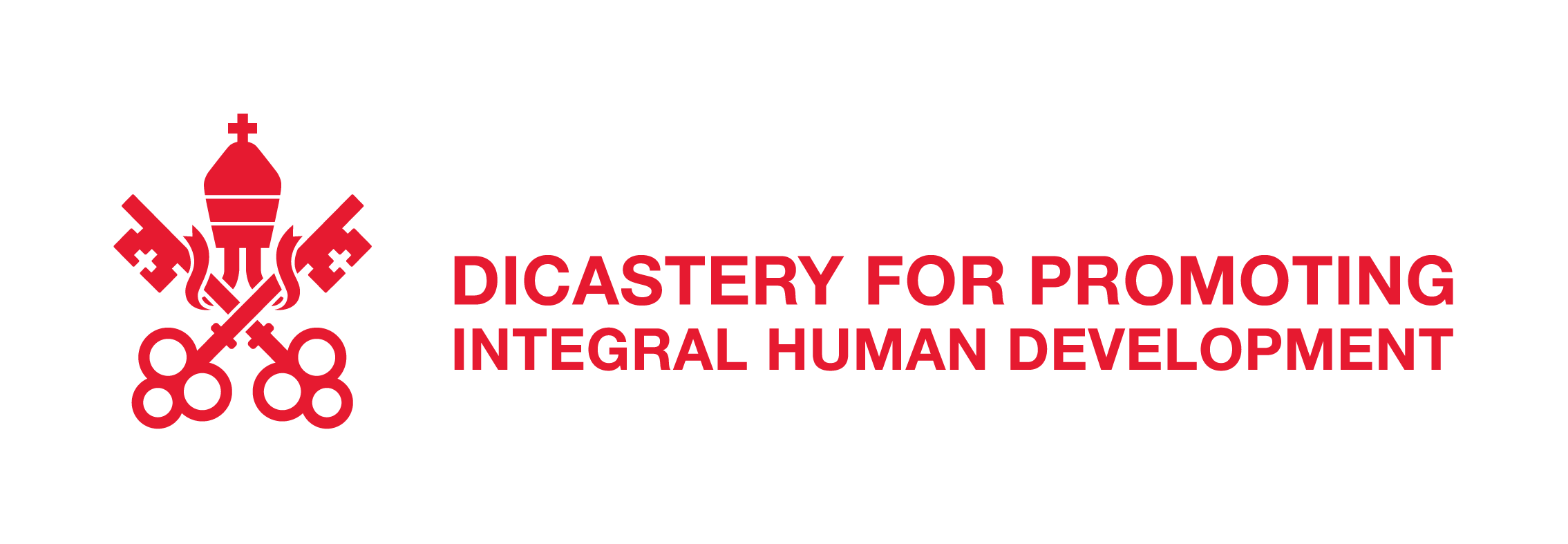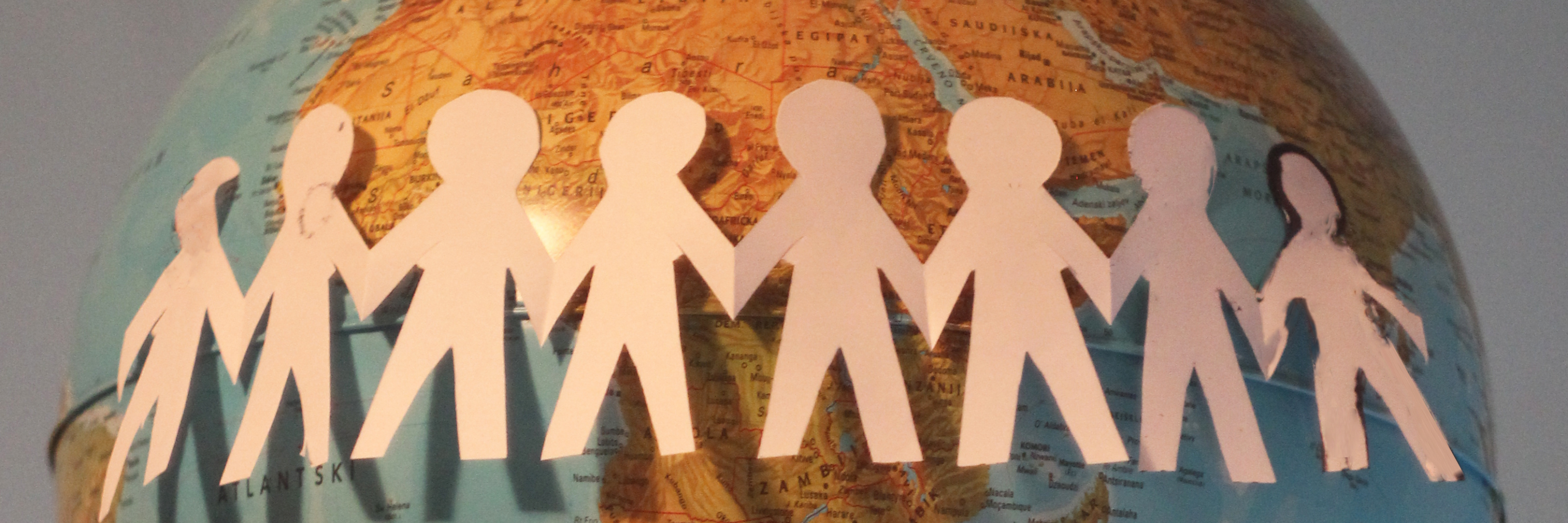
A new economy means integrating all the dynamics of human existence
By: Alan Faria Andrade, Human Rights Magazine
How does writing about human rights contribute to building a better economy? The Human Rights Magazine seeks to encourage the world to think on the commons and to be committed to reducing inequalities. Today we present the editorial of this magazine, which seeks to bring to the table the major current issues that impact the economy, approached from a human rights perspective.
The law recognized as science and as a social instrument provides the human person, humanity and social interaction, mechanisms of conflict resolutions and rules of coexistence in a broadway. In this sense, we can understand the right as a text created by human people and placed on paper, which contains expressions and phrases that guide the future of humanity. Thus, it can be said that human rights are all those rights that are based on what provides life to the human person, from the habitat to the possibility of being free and expressing what he wants, going through work and food.
But the recognition of human rights has never been so clear to humanity. The recognition of human rights initially passed through the recognition of the rights of individuals before a central power, which we today clearly recognize as a State. And at other times, we sought to recognize rights by limiting the interference of state power in human relations.
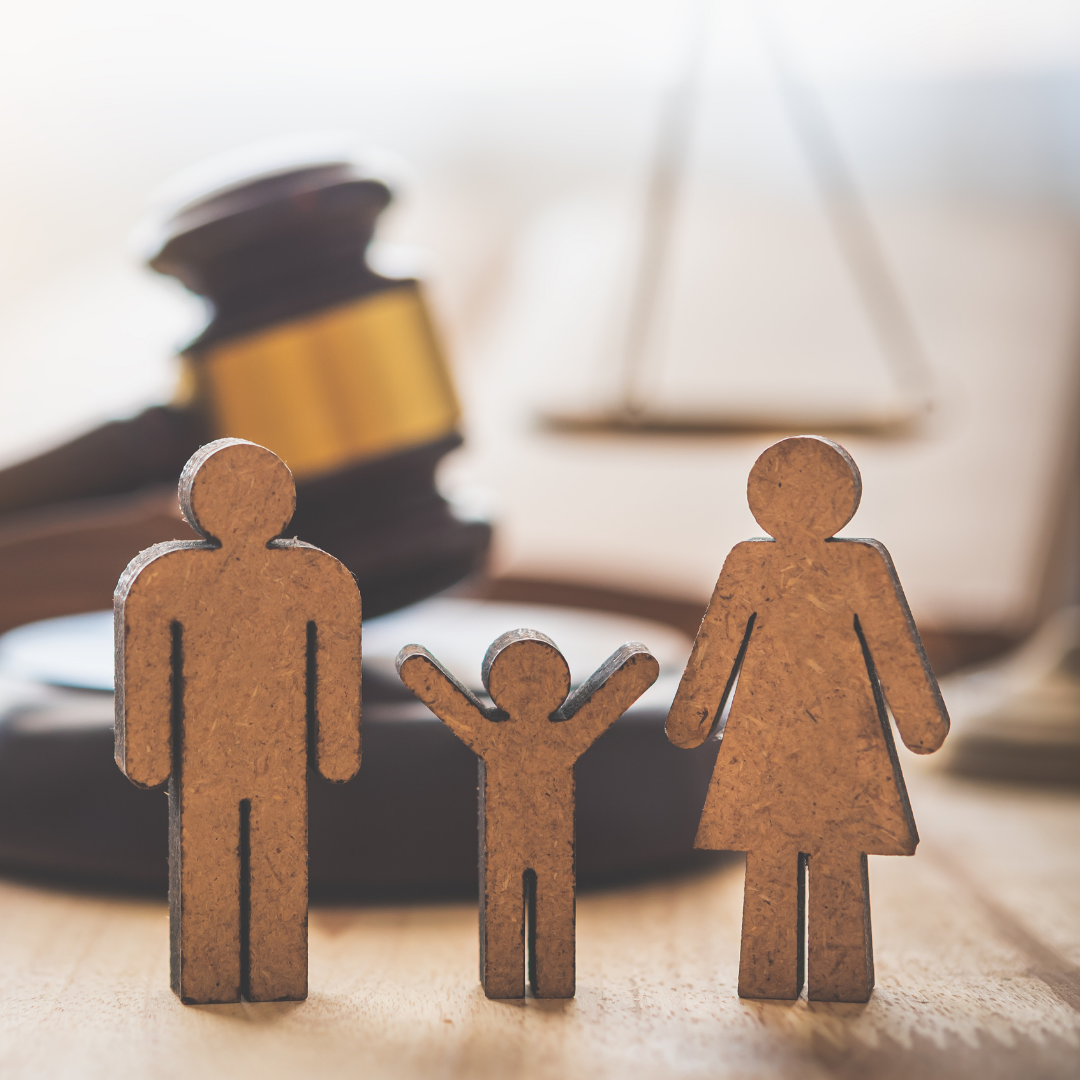
After these initial understandings, publishing a human rights magazine with articles related to solidarity, recognition of people, giving importance to sport and protecting nature in line with social development in the dynamics of The Economy of Francesco, seems frightening to us. However, no!!! Pope Francis’ proposal to develop a new economy means integrating all the dynamics of human existence on planet Earth and the aspects that this edition proposes to us, is precisely to start the reasoning of an integral and supportive human gaze of human and environmental relations. Both state and civil society issues.
In the article, “The Human Right to International Solidarity”, Lucia Tonelotto, reminds us that “each decision causes near and distant consequences” and that “the Covid-19 Pandemic taught us that we are interconnected, and only if we collaborate can we save ourselves: either we save ourselves or no one is saved”. Thus, presents to us the proposal that is being discussed in the United Nations –on international solidarity as another human right to be implemented by states. It is a proposal of “community logic of solidarity and mutual help” between countries and peoples.
Ana Argento Nasser, in the article “A new paradigm to rethink diversities”, in a more propositional way, when dealing with people with disabilities, indicates the need for paradigm changes when recognizing the existence of these people and the importance of communication change when doing this.
It proposes a “Model of Communication and Legitimate Recognition of Disability”, which aims to “move from inclusion to recognition”. That is, not about inclusion that we are dealing with when we recognize people with disabilities, but of recognizing the existence and potential of all human people in society, whether with disabilities, black people, women, or LGBT people.
Another bold perspective in this issue is the possibility of thinking about Human Rights and Sport, in the article “ Sport and Human Rights”, proposed by Julia Jastrząbek and Jean-Claude Rugigana. For sport from the perspective of human rights, can recognize the benefits it provides, in addition to the issue of human health, but also recognize a series of realities, such as labor rights, economic activity and social integration of peoples. Sporting events as a center for the promotion of civil, political, economic, social, cultural, and environmental rights. They report the impact of the “Best Karate Holidays for Children” project on human rights and social development in Rwanda in the periods 2019 and 2020.
Finally, Kathleen Zegarra Delgado teaches clearly in her article “Sustainable development paradox ́s. From thought to action.”, that everything is connected and that we and the environment are creatures of equal power before the Creator and that we must rethink our way of dealing as sisters Planet Earth. That we must come out of extractive thinking to a thought of integration and sustainability, to our own guarantee of survival in this world. Thus, it proposes a “paradox of sustainable development that involves two fronts: a necessary change in the economy and an unrestricted respect for environmental human rights.” We believe that the general guidelines can contribute to readers’ reflections on other human rights perspectives that we are developing in The Economy of Francesco. And that one day we will be in another economy, with more soul, inclusive, and human; that generates life and preserves the environment. And that here, we are not faced with an endpoint or event, but are at the beginning of a process that we are all called to be part of and contribute.

